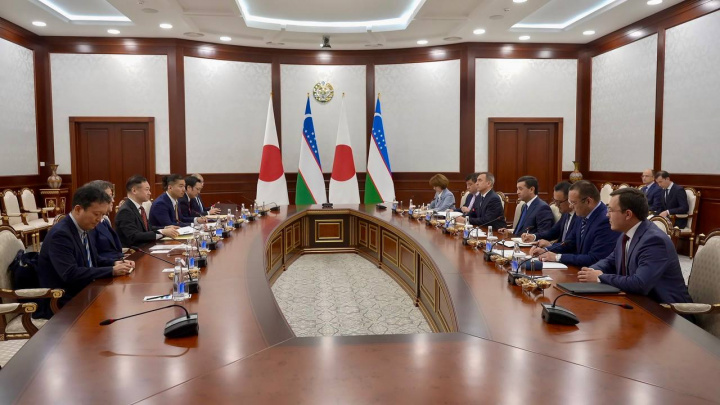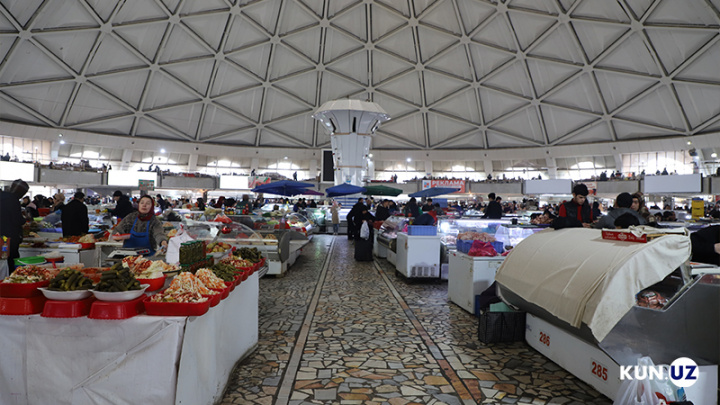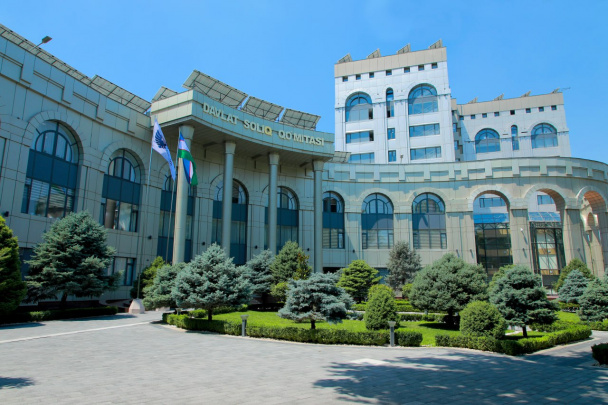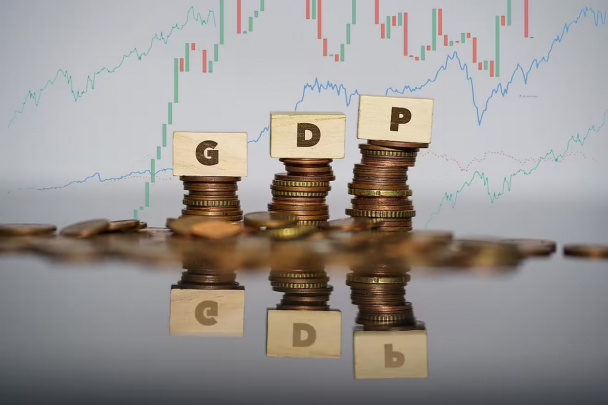Ursula von der Leyen calls for stronger EU-Uzbekistan economic cooperation at Tashkent forum
On November 6, 2024, Ursula von der Leyen, President of the European Commission, delivered a compelling address at the opening of the "European Economic Days in Uzbekistan" business forum, emphasizing the growing partnership between Europe and Uzbekistan and underscoring the potential for further economic collaboration.
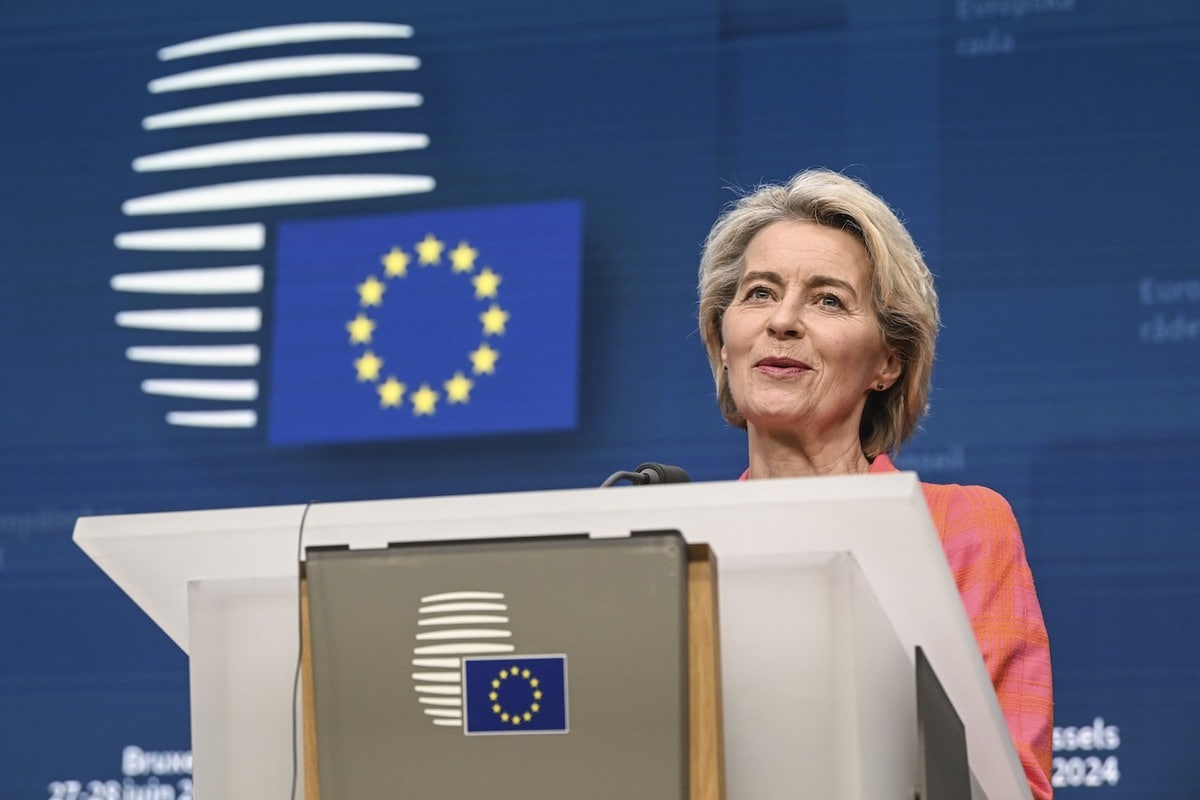
Photo: AP
In her speech, von der Leyen reflected on Uzbekistan's historical significance as a central hub of global trade, noting the deep-rooted connection between European merchants and the cities of Samarkand, Bukhara, and Khiva, where goods such as textiles and ceramics were exchanged. "For centuries, Uzbekistan was the beating heart of global trade," she stated. "Today, Uzbekistan seeks to open itself to the world once more, positioning itself at the center of global trade routes and investment flows."
Von der Leyen highlighted that Europe is eager to partner with Uzbekistan in this new chapter of its history, reinforcing the growing bilateral ties. She outlined three key areas where cooperation between Uzbekistan and Europe has significantly advanced in recent years.
Expanding Trade and Investment Opportunities
One of the main highlights of her address was the increasing trade between Uzbekistan and the European Union. Since 2021, European markets have been open to Uzbek goods, leading to a surge in exports, particularly in the textile and metallurgy sectors. Von der Leyen emphasized that this represents just the beginning, with significant potential for even greater growth.
In addition to trade, the EU is actively supporting Uzbekistan's infrastructure development. Von der Leyen pointed out the EU's "Global Gateways" program, which supports the development of the Trans-Caspian Corridor — a crucial infrastructure project designed to connect Europe and East Asia via a shorter and safer route. The corridor, she noted, will allow goods to travel between Europe and Central Asia in less than 15 days.
Further, von der Leyen emphasized the EU's efforts to enhance digital connectivity in Uzbekistan. "Together with our international partners, we are working to connect Uzbekistan to our satellite network, bringing the best digital communications to even the most remote corners of your country," she said.
Strategic Sector Cooperation
Von der Leyen also highlighted the expanding cooperation between Europe and Uzbekistan in strategic sectors, particularly in critical mineral supply chains. In April 2024, the EU and Uzbekistan signed a groundbreaking agreement to strengthen supply chains for essential minerals. While some investors focus solely on raw material extraction, von der Leyen stressed Europe's commitment to supporting local production, job creation, and adding value at the highest standards.
"This is the best way to create more resilient supply chains," she said, reaffirming Europe's desire to foster sustainable growth in Uzbekistan's industries.
A Bright Future for EU-Uzbekistan Relations
Looking forward, von der Leyen expressed confidence that the "European Economic Days in Uzbekistan" forum would lead to fruitful partnerships between businesses on both sides. She also mentioned the upcoming signing of a new agreement on expanded partnership and cooperation, which is expected to further enhance trade and investment flows between Europe and Uzbekistan.
Next year, the first-ever "Central Asia – EU" summit will take place in Samarkand, Uzbekistan, marking a significant milestone in regional cooperation. "As we celebrate 30 years of diplomatic relations between Uzbekistan and the European Union, I am confident that the best days of our partnership are still ahead," von der Leyen concluded.
In closing, von der Leyen wished all participants a productive forum and expressed her optimism about the future of EU-Uzbekistan relations, underscoring the growing role of Uzbekistan as a strategic partner for Europe in Central Asia.




